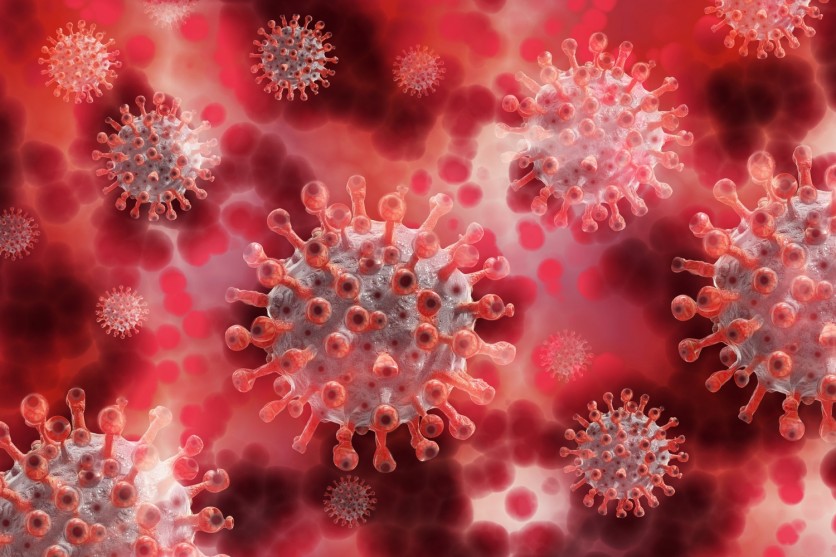In a chilling study from Beijing, Chinese scientists created a mutant COVID-19 strain, GX_P2V, with a 100% lethality rate in "humanized" mice.
Similar to GX/2017 found in Malaysian pangolins, the virus has raised serious concerns about potential human spillover risks (via the New York Post).

Virus with a 100% Mortality Rate
The study by the Beijing University of Chemical Technology marks the first instance reporting a 100% mortality rate in mice infected by a COVID-19-related virus.
The mutated strain, GX_P2V, exhibited an alarming speed in attacking the brains of mice engineered to reflect human genetic makeup. Within eight days, all infected mice succumbed to the virus, showcasing a surprisingly rapid death rate.
Researchers noted that GX_P2V had penetrated various organs, including the lungs, bones, eyes, tracheas, and brains.
The severity of brain infections proved fatal, causing a distinctive set of symptoms, such as rapid weight loss, a hunched posture, sluggish movement, and eerily eyes turning completely white the day before death.
The Risk of Spillover to Humans
The virus's origin traces back to GX/2017, a coronavirus cousin discovered in Malaysian pangolins in 2017, three years before the global COVID-19 pandemic. Pangolins, also known as scaly anteaters, inhabit warm regions of the planet.
While the study raises concerns about a potential spillover risk into the human population, it fails to provide clear insights into how the virus might affect humans.
Critics, including Francois Balloux from the University College London's Genetics Institute, express apprehensions about the research, deeming it "terrible" and "scientifically totally pointless."
Balloux highlights the absence of information regarding biosafety precautions, echoing concerns about potential parallels with research in Wuhan that led to the COVID-19 pandemic.
Dr. Gennadi Glinsky, a retired professor of medicine at Stanford, emphasizes the urgency of stopping this research, stating, "This madness must be stopped before too late." Rutgers University professor Richard H. Ebright concurs with these concerns.
Importantly, the 2024 study appears unrelated to the Wuhan Institute of Virology, a focal point in lab leak theories surrounding the pandemic.
US intelligence agencies, during the summer, found no direct evidence linking the Wuhan lab to the coronavirus outbreak but did not rule out the possibility of the virus originating from a different lab.
The uncertainty surrounding the origin of COVID-19 persists, while this latest research underscores the need for transparency and stringent biosafety measures in scientific endeavors involving potentially dangerous pathogens.
In Other News
In a recent podcast interview with Bill Gates, OpenAI CEO Sam Altman expressed concern about the rapid adoption of artificial intelligence (AI), highlighting the AI revolution's remarkable speed, which is significantly faster than previous technological transformations.
Sam Altman emphasized society's difficulty adapting quickly, particularly in shifting labor markets.
Stay posted here at Tech Times.
Related Article : Canadian Scientist Battles Superbugs with Innovative Viral Warfare, Revolutionizing Healthcare

ⓒ 2025 TECHTIMES.com All rights reserved. Do not reproduce without permission.




